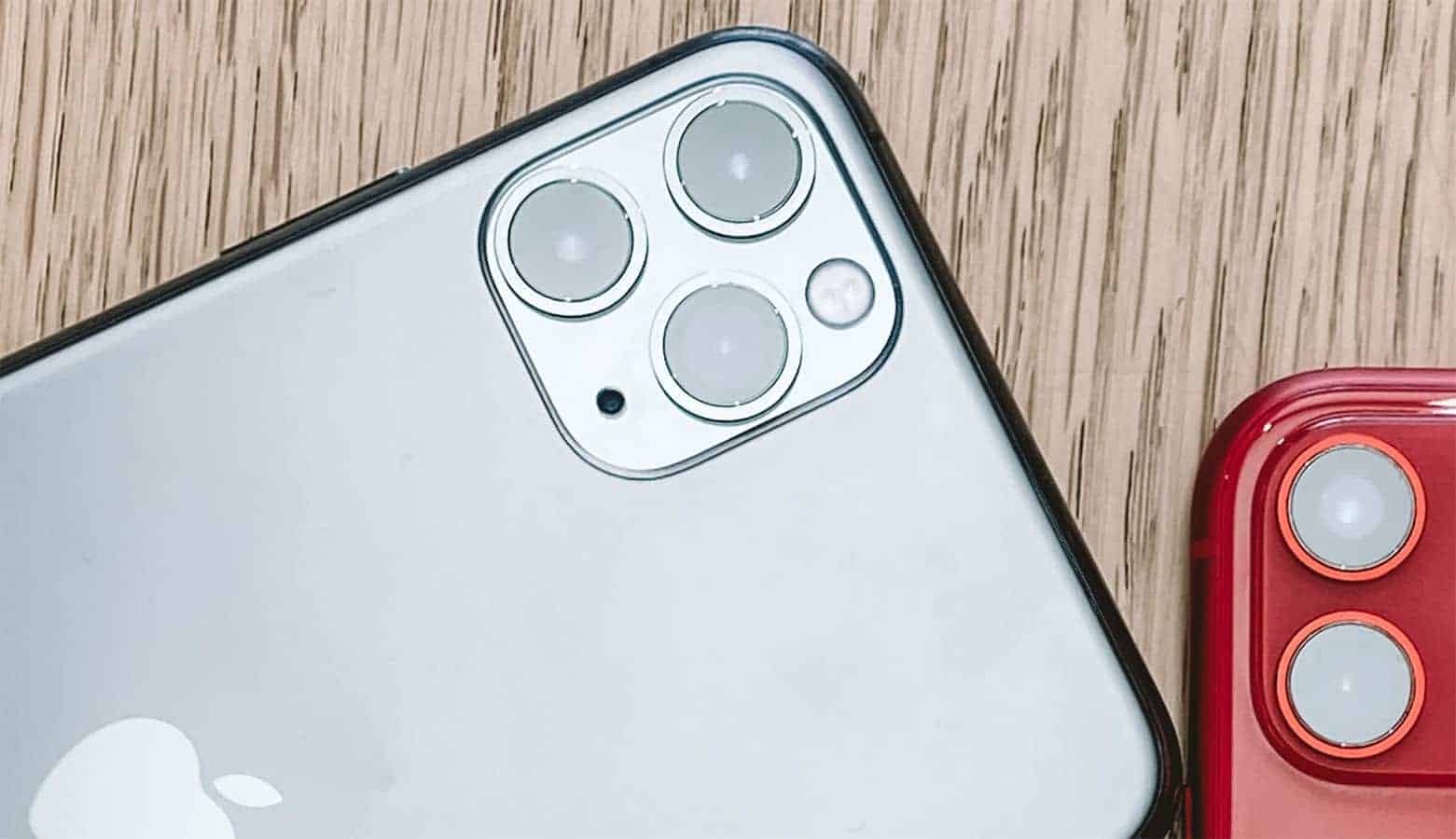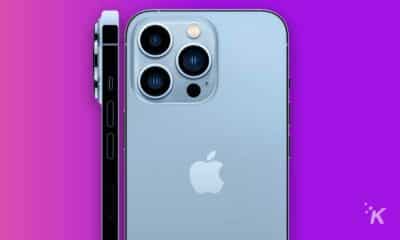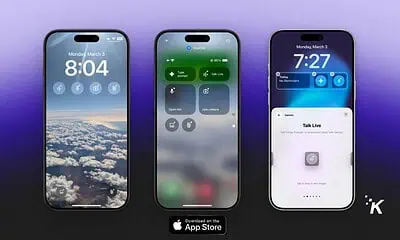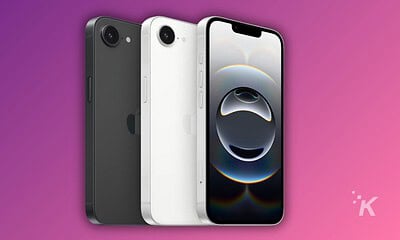iPhone
Apple is telling AG Barr to kick rocks over its request to unlock the Pensacola shooter’s iPhones
Good to see this from Apple.

Just a heads up, if you buy something through our links, we may get a small share of the sale. It’s one of the ways we keep the lights on here. Click here for more.
Last month, a tragedy happened at Pensacola Naval base when a trainee murdered three people and injured eight others in a rampage through two floors of classrooms. The Pensacola shooter (as he’ll be known from now on) had two iPhones that he tried to destroy during the attack.
Attorney General William Barr has called on Apple to unlock those iPhones as evidence, but the company has responded saying that it essentially can’t break the encryption on the devices.
Apple says it won’t or can’t unlock the Pensacola shooter’s iPhones
Since the shooting, Apple has given “many gigabytes” of data regarding the two iPhones in question. That includes “iCloud backups, account information and transactional data for multiple accounts.” Still, we all know that backups only back up what the user wants it to, so the government still wants access to the physical devices to comb for evidence.
Apple has essentially said no to that request, saying that “there is no such thing as a backdoor just for the good guys.”
You can read the full text from Apple’s statement to AG Barr below (via Input):
We were devastated to learn of the tragic terrorist attack on members of the US armed services at the Naval Air Station in Pensacola, Florida on December 6th. We have the greatest respect for law enforcement and routinely work with police across the country on their investigations. When law enforcement requests our assistance, our teams work around the clock to provide them with the information we have.
We reject the characterization that Apple has not provided substantive assistance in the Pensacola investigation. Our responses to their many requests since the attack have been timely, thorough and are ongoing.
Within hours of the FBI’s first request on December 6th, we produced a wide variety of information associated with the investigation. From December 7th through the 14th, we received six additional legal requests and in response provided information including iCloud backups, account information and transactional data for multiple accounts.
We responded to each request promptly, often within hours, sharing information with FBI offices in Jacksonville, Pensacola and New York. The queries resulted in many gigabytes of information that we turned over to investigators. In every instance, we responded with all of the information that we had.
The FBI only notified us on January 6th that they needed additional assistance — a month after the attack occurred. Only then did we learn about the existence of a second iPhone associated with the investigation and the FBI’s inability to access either iPhone. It was not until January 8th that we received a subpoena for information related to the second iPhone, which we responded to within hours. Early outreach is critical to accessing information and finding additional options.
We are continuing to work with the FBI, and our engineering teams recently had a call to provide additional technical assistance. Apple has great respect for the Bureau’s work, and we will work tirelessly to help them investigate this tragic attack on our nation.
We have always maintained there is no such thing as a backdoor just for the good guys. Backdoors can also be exploited by those who threaten our national security and the data security of our customers. Today, law enforcement has access to more data than ever before in history, so Americans do not have to choose between weakening encryption and solving investigations. We feel strongly encryption is vital to protecting our country and our users’ data.
Kudos to Apple for sticking by its principles, but I guess that means the government will now have to turn to third-party companies such as Cellebrite, who have unlocked iPhones for law enforcement and other agencies in the past.
What do you think? Glad to see Apple refusing to work with the FBI on this request? Let us know down below in the comments or carry the discussion over to our Twitter or Facebook.
Editors’ Recommendations:
- Dell is working on a new feature that lets iPhone users control their phone from their laptop
- Apple is secretly working on wireless tech that uses satellites to beam data directly to its devices
- Sonos sounds off, suing Google in two Federal courts for patent infringement
- Apple’s new parental iPhone feature doesn’t work that well – Apple is working on a fix






























